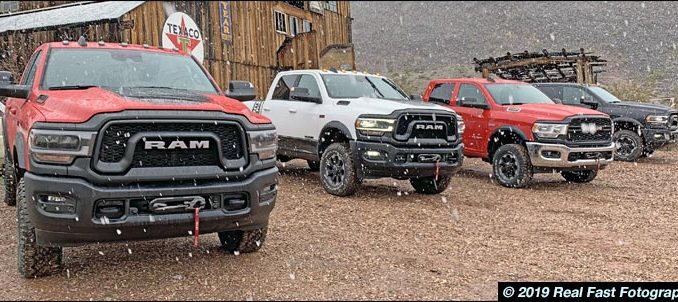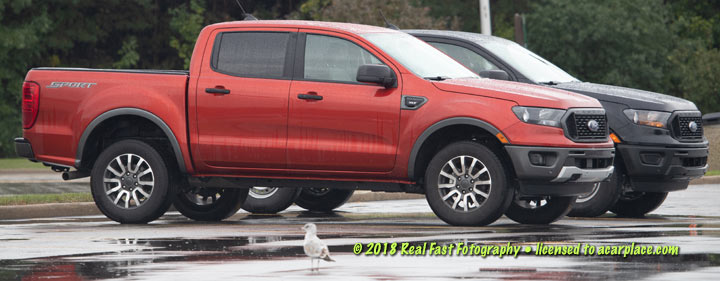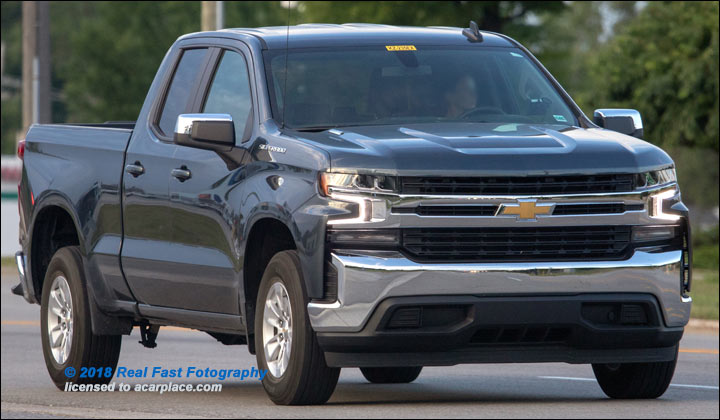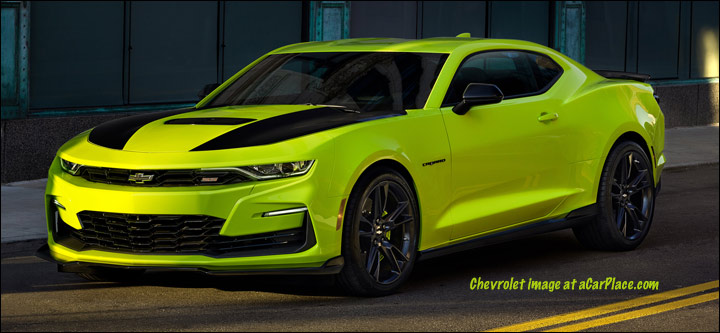
On the close of 2020’s car sales year in North America, we found, as always, that pickup trucks were the biggest sellers. As always, comparing, say, Ford F-series sales to Ford Fusion sales isn’t fair; when companies stretch a car’s wheelbase, add AWD, change the number of doors, etc., they usually give it a different name. Under the “F-series” brand, though, are the F-150, F-250, and so on—three distinct designs under the skin (150, 250/350, 450+), short and long wheelbase variants, chassis cabs, and so on.

That said, there was little question that pickups were providing nearly all of Ford and GM’s profits, and quite probably most of FCA’s as well. Pickups absolutely dominated Ford sales and were a large chunk of those at GM and FCA as well.
Given how important pickups are, it’s interesting to see GM beating Ford in large pickup sales; while Ford has the F-series, which beat Chevy’s Silverado easily enough, GM also has the upscale GMC trucks. Combine the Chevy and GMC pickups, which are close if not identical under the skin, aside from options and trim, and GM hit 787,422 large pickup sales, beating Ford by around 50,000 pickups.
Obviously, GM also beat Ram, which sells two versions of its Ram 1500 pickup—the older, cheaper DS and the newer, pricier, DT—along with the usual chassis cabs and “heavy duty” and medium-duty variants. Ram came close to hitting Chevrolet’s sales, with 563,676 pickups and chassis cabs finding new homes, but missed by around 23,000—and needless to say, Ram does not have a GMC equivalent any more than Ford does.

Toyota and Honda are dominating crossovers the same way they used to dominate sedans; the RAV4 was the top seller, with 430,387 sales, followed by the Honda CR-V, with 335,502. Only two sedans were in the top ten list; the top selling sedan was the Camry, with 294,348 sales. The Camry is a nearly brand new design, and Toyota throws in a lot of formerly optional features for free; it’s heavily discounted, all things considered, and yet came nowhere near the RAV4 in sales. Even with the Camry’s decline, Jeep would love to have a vehicle that matched Camry sales.
The #10 light truck was the Explorer with 226,217 sales; the #10 car was the Kia Forte, with 85,000. That says a great deal about the decline of traditional cars. So does the absence of many cars from the list; GM and Ford have been dropping traditional cars left and right, and FCA, now Stellantis, dropped its compact and midsize sedans long ago. All it has left now are three similar large cars, the Charger, Challenger, and 300. Of these, the Charger was the best seller, with just 77,425 sales; and it easily dominated all other large sedans, including the 300 itself (16,653, similar to Avalon sales). Genesis didn’t even reach the 300’s numbers.
Even muscle cars, which had been rising until recently, ended up with low numbers; none hit the Charger’s numbers, and the Camaro didn’t even hit 30,000. (Nobody should be surprised that the Mustang topped the sales charts here.)

Minivans plunged, accelerating a trend, possibly partly because there were few good cheap ones around; Dodge Caravan production ended the minivan bargain train. Chrysler sold the #1 minivan, the Pacifica/Voyager, with just 93,802 sales. This is a segment that used to be good for hundreds of thousands of sales per brand.
Overall, Toyota, which had popular crossovers ages ago, was America’s favorite brand; it was joined in the over-half-million-sales club by Chevrolet and Ford, in that order. #4 was Honda at 324,739. Not a single Stellantis brand made the top ten; all Stellantis brands together did break a half-million U.S. sales, though.
If you wonder why it seems like there are more and more truck ads and fewer and fewer sedan ads, the sales give a clue: most Americans no longer want sedans or coupes. They want something tall and, preferably, big, and automakers are changing their lineups to fit those demands.

David Zatz has been writing about cars and trucks since the early 1990s, including books on the Dodge Viper, classic Jeeps, and Chrysler minivans. He also writes on organizational development and business at toolpack.com and covers Mac statistics software at macstats.org. David has been quoted by the New York Times, the Daily Telegraph, the Detroit News, and USA Today.

I MISS THE OLD ALLPAR – I prefer news to opinions